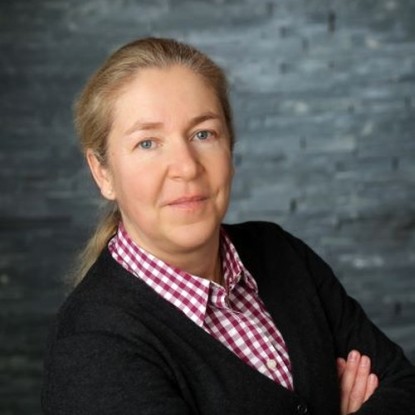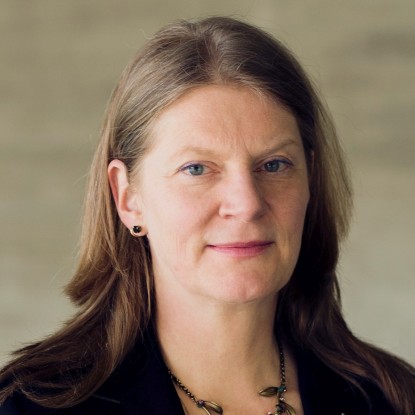What is Linguistic and Literary Computing?
The Master of Arts in Linguistic and Literary Computing (LLC) at the Institute of Linguistics and Literature of the TU Darmstadt combines Computer Science and Philology. You will learn how to use computer technology to analyze large volumes of texts and understand the imparted knowledge quickly and in a controlled manner.
We offer training in the field of the digital humanities, with a specific focus on Digital Philology. This means that our Master's program is specifically focused on texts in literature, science, and everyday life. According to the Darmstadt Model, we believe that digital skills can only be meaningfully acquired and applied in established areas of expertise. At our institute, these are the pillars of Corpus and Computational Linguistics, Digital Literary Science, and Computer Philology – whereby the field of Computer Philology is based on an approach focusing on Medieval Studies and edition philology.
What can I expect from this course of studies?
In our Master's course of Linguistic and Literary Computing, you will learn how to process and analyze literary texts as well as everyday language texts using digital methods – and to interpret the results of such analyzes. This includes learning about techniques of digital text recognition as well as methods by which texts can be digitally edited and published. You will get to know the tools and procedures of corpus linguistics and become familiar with their roots in the field of computer linguistic. You will gather knowledge about digital literary science and learn to use algorithms for style or topic analysis. The basis for this is an introduction to the field of the Digital Humanities. You will also gain sound knowledge in the fields of Computer Science of Digital Philology.
The Master's course is bilingual, meaning that the seminars are held – depending on the subject – partly in German and partly in English. In special language modules, you will improve your ability to use English and German as a specialist language, in spoken and written form.
Your Master's thesis will be associated to the field of Corpus and Computational Linguistics, to Digital Literary Studies, or to Computer Philology.
Further information on Linguistic and Literary Computing can be found on the page of the course of studies.



